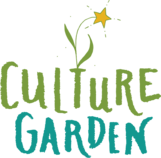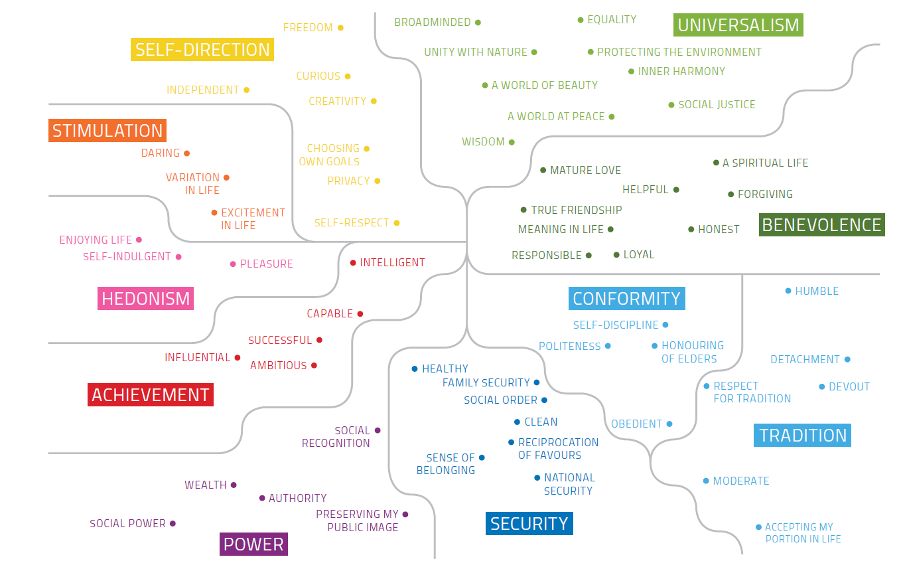Finding the Courage to Live by Our Values
Increasingly, I am finding myself in conversations I could only have dreamt of when I first became aware of the link between the economy and the climate crisis 16 years ago. People of influence – policy makers, business leaders, entrepreneurs, investors – who had previously accepted the status quo, are now finally questioning its very foundations. Some are considering giving up well paid jobs – and the comfort and status that accompany them – because they can no longer maintain the cognitive dissonance between supporting an extractive economic system and their personal values. They are done with economic practices that imperil life on earth for the sake of making a quick buck. They want to put their energy into projects that give their lives real meaning and align with their authentic selves.
I salute their courage. It is not easy to step away from a lifestyle that has likely brought much comfort and safety, even when you realise that it comes at a price you are no longer willing to pay. Luckily, as well as the obvious trepidation, I often detect a sense of relief. Having to split yourself in two - the dutiful cog in the machine and the concerned citizen – takes its toll on mind and body. The truth – and your acting on it – really can set you free.
For the last 13 years I have been devising ways to guide people towards their truth, through a process of what prof Stephen Sterling calls ‘positive dis-illusion’: the breaking apart of our erroneous perceptions of reality, which have led us to the crisis we find ourselves in. It involves a deep questioning of our culture's dominant narratives so we can activate our "radical collective imaginations' to envision and healthily sustain our collective future.
Understanding Our Values
The systems and structures we live in shape our inner lives and in turn our choices reinforce the workings of the outside world. Often it is hard, if not impossible, to know where one ends and the other begins.
One way I like to explore this dynamic between our societal choices and our collective inner worlds, is to invite participants to share stories of times when they felt they were able to live the values they most hold dear. What did it feel like to express what you believe is true and right?
They then go on to create their own ‘values map’, based on Schwarz’ theory of basic values, used in the work of Common Cause Foundation.
This exercise offers participants the chance to see how neighbouring value clusters, such as Tradition and Security reinforce each other, while others such as Achievement and Benevolence tend to pull in opposite directions.
We then go on to map what we believe are the values of the system we live in. What values drive our current global economy? How much do we feel our personal values are aligned with the values of the system? What does it feel like when they aren't?
It turns out many of us feel trapped by the way our society currently functions. We seem to suffer from a kind of ‘values schizophrenia’, wondering why, despite being good people, we end up making bad choices.
One way of approaching this disconnect is to explore the opportunities our current system offers to meet our real needs (vs our manufactured wants) without doing harm to ourselves, others and the earth.
Understanding our Fundamental Human Needs
In the 1990s Chilean economist Manfred Max-Neef and his colleagues developed a framework of nine fundamental needs to help communities reframe their concepts of wealth and poverty, vision genuine economic progress (rather than merely growing GDP) and start finding ways to grow human wellbeing in harmony with others and the earth. They called it Human Scale Development or Barefoot Economics. The theory states that we all have the same nine needs: Subsistence, Freedom, Participation, Protection, Identity, Understanding, Creation, Affection and Idleness. What differs from one culture to the next is the way we choose (or are encouraged) to satisfy those needs, our so-called satisfiers.
For example, Human Scale Development sees food not as a need, but as a satisfier for the need of Subsistence. Depending on how our food is produced it can also be a synergic satisfier for the need of Identity (think how much we associate food with our sense of belonging to a culture) Participation & Affection (the joy of shared meals in good company) and Understanding (when we know where are food has come from). This is considered a form of wealth. Equally, a food system that destroys the earth through overuse of chemicals, harms our health through overprocessing and harms other humans through poorly regulated labour markets is making us all poorer, despite being lucrative to some.
When we explore the nature of our available satisfiers in an industrial growth system we begin to see how opportunities to live by our values are constrained by perverse economic incentives, which often seem outside of our sphere of influence.
Getting off the hamster wheel
The power of our current economic system can be likened to a great big hamster wheel that we are all running on, whether we want to or not. It is moving at such a speed that it can feel daunting to even consider getting off. But if we want a liveable future, those of us who have the knowledge, courage and capacity have to take action, so that it gets safer for others to step off the wheel. We have to start collectively moving in the opposite direction, slow down its momentum and build an off-ramp for humanity.
Getting bolder
This is a time for deep work. The kind that cuts through our comfortable disguises, excuses and masks. The earth is calling to us. Our children and future generations are calling to us. The values we have previously neglected so we could ‘just get on’ and ‘not rock the boat’ are calling to us.
We can either live by the demands of the current system, perpetuating the myth of Economic Man in a world ‘red in tooth and claw’ or we can begin to see ourselves as part of a larger whole, where pooling our skills, knowledge, creativity and resources will allow us to truly thrive.
The mergers of our time must be mergers of shared purpose and solidarity. Our stakeholders must include future generations and the Earth herself. Our goal must be to create opportunities and pathways for us to become our best possible selves, moving from values of dominance, competition and extraction to those of partnership, cooperation, and generosity.
So, let’s all become a bit bolder this year. Let’s start making the kind of changes that take us out of our comfort zones, before things get far more uncomfortable on our planet. Have that conversation with your family and friends: admit how worried you are. Allow yourself to find the allies you will need in these extraordinary times. Join with work colleagues to challenge senior management. If all else fails (and if it is even remotely possible) take your talents, skills and time away from work and activities that you know are harming the world you want to protect. Wherever you can, drain the old system of energy and direct it towards the new.
However much it seems like business is continuing as usual, the real leaders of our time know better. They are the ones who are slowing down the hamster wheel and building off-ramps wherever they can.
Are you ready to join them?
Inez Aponte is a storyteller, educator and Human Scale Development consultant working with communities and business leaders to realign their collective actions with their deepest values and intentions for the world. Contact Inez



